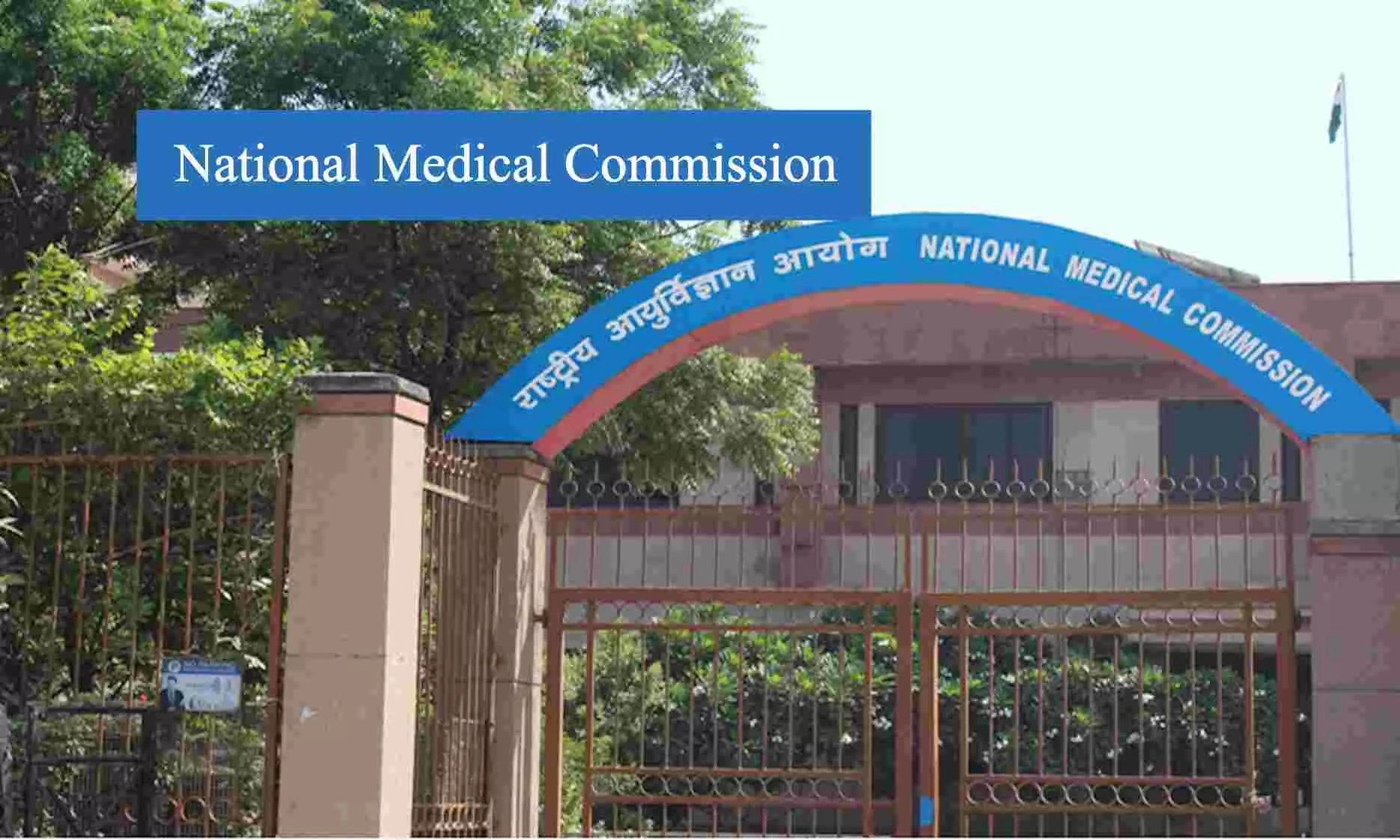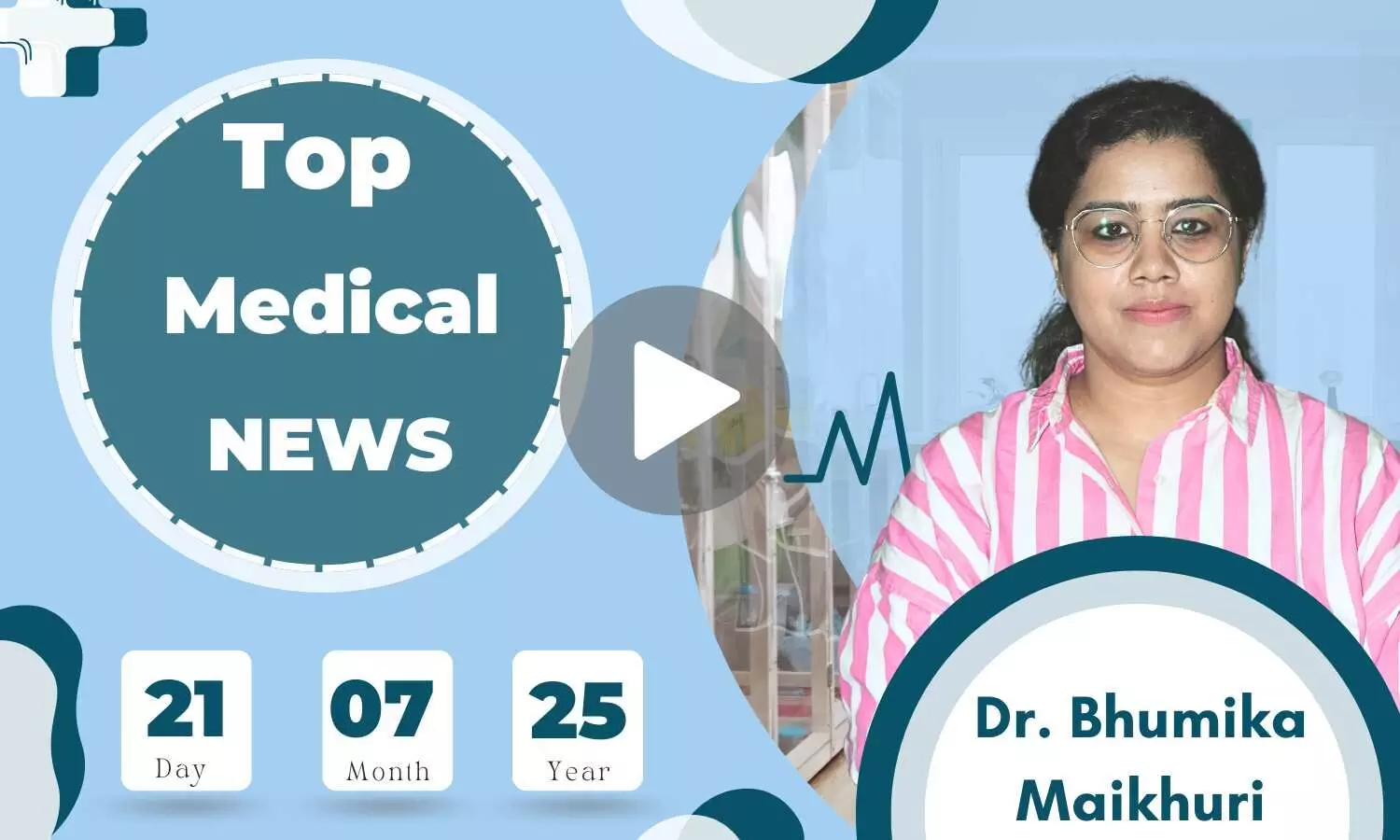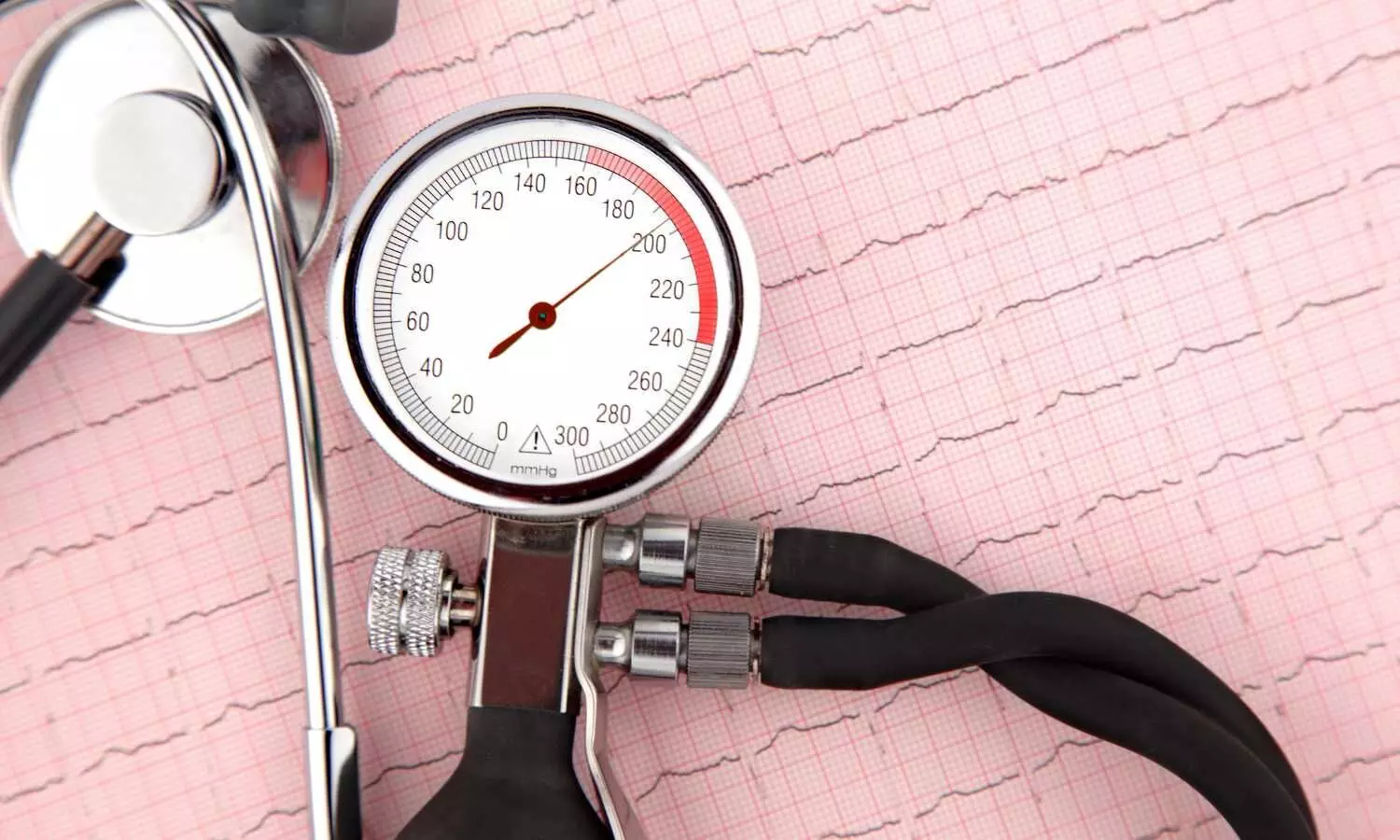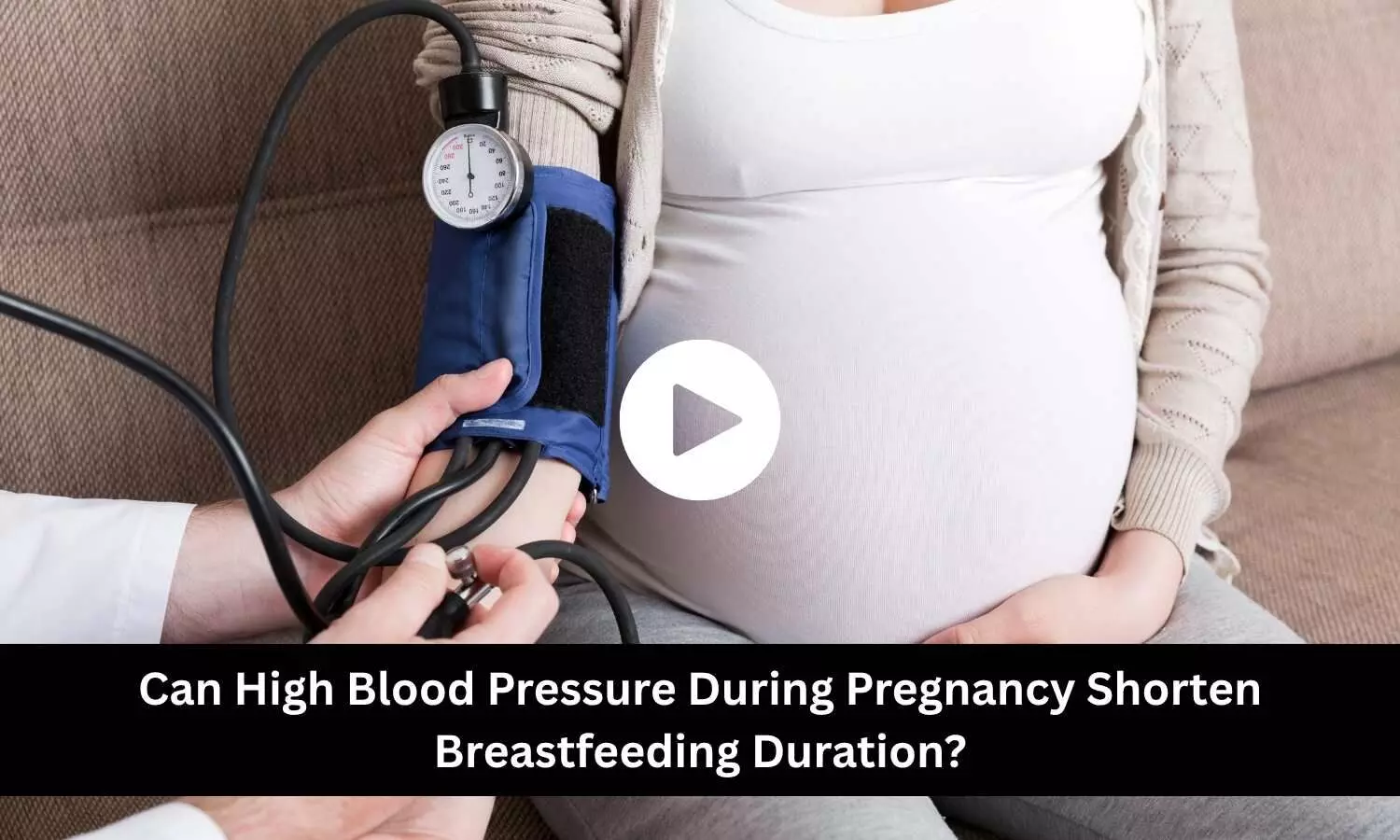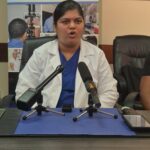Health Archives - Barbados Today
QEH boosting security for staff, patients
1 week 3 days ago
Health, Local News
World Brain Day 2025: Why your brain deserves the spotlight today - The Times of India
- World Brain Day 2025: Why your brain deserves the spotlight today The Times of India
- Brain Day 2025: 9 common habits that are destroying the brain The Times of India
- World Brain Day 2025: Experts Say Mental Health In Workplace Is Important, "Stress Is Not A Badge Of Honour" NDTV
- Neurosurgeon shares 5 habits to boost brain health, keep mind sharp in old age Hindustan Times
- Protect your brain: Expert tips to fight Alzheimer’s | Daily Sabah Daily Sabah
1 week 4 days ago
Man's deadly brain cancer tumor disappears after experimental drug trial
1 week 4 days ago
Health, Cancer, brain-cancer, cancer-research, medications, lifestyle, medical-research, good-news
Medical News, Health News Latest, Medical News Today - Medical Dialogues |
MBBS abroad: NMC warns students against admission to 4 foreign medical institutes in Belize, Uzbekistan
1 week 4 days ago
Editors pick,State News,News,Health news,Delhi,Latest Health News,NMC News,Medical Education,Medical Colleges News,Study Abroad,Medical Admission News,Notifications
Medical News, Health News Latest, Medical News Today - Medical Dialogues |
Medical Bulletin 21/July/2025
1 week 5 days ago
Cardiology-CTVS,Diabetes and Endocrinology,Obstetrics and Gynaecology,Oncology,Psychiatry,Cardiology & CTVS News,Diabetes and Endocrinology News,Obstetrics and Gynaecology News,Oncology News,Psychiatry News,Cardiology-CTVS Videos,Diabetes and Endocrinolog
Medical News, Health News Latest, Medical News Today - Medical Dialogues |
Study finds link between hypertension and breastfeeding outcomes
1 week 5 days ago
Cardiology-CTVS,Cardiology & CTVS News,Top Medical News,Latest Medical News
Medical News, Health News Latest, Medical News Today - Medical Dialogues |
Can High Blood Pressure During Pregnancy Shorten Breastfeeding Duration? Study Sheds Light
1 week 5 days ago
Cardiology-CTVS,Obstetrics and Gynaecology,Cardiology & CTVS News,Obstetrics and Gynaecology News,Cardiology-CTVS Videos,Obstetrics and Gynaecology Videos,MDTV,Cardiology MDTV,Obstetrics and Gynaecology MDTV,MD shorts MDTV,Cardiology Shorts,Obstetrics & G
West Nile virus detected in mosquitoes in these 9 Staten Island ZIP codes - SILive.com
- West Nile virus detected in mosquitoes in these 9 Staten Island ZIP codes SILive.com
- West Nile virus detected in mosquitoes in the Bronx, Brooklyn, Queens, and Staten Island ABC7 New York
- West Nile virus detected in NYC mosquitoes as experts track rise in U.S. cases CBS News
- Staten Island has most West Nile virus-infected mosquitoes in NYC: officials yahoo.com
- Elderly Cicero man recovering from West Nile virus; first county victim since 2019 Syracuse.com
1 week 5 days ago
U.S. medical mission treats more than 1,500 people in Puerto Plata.
1 week 5 days ago
Health, North Coast
Women feel more anger as they age, but show it less, study suggests - The Washington Post
- Women feel more anger as they age, but show it less, study suggests The Washington Post
- Anger Management Improves With Age In Women, Study Says Jambalaya News Louisiana
- Midlife Mood Shift? Study Says Anger Drops After 50 SciTechDaily
- Women become angrier as they age Jamaica Gleaner
1 week 6 days ago
Health Archives - Barbados Today
Surge in fatty liver disease linked to poor diet, seed oils, warns top doc
1 week 6 days ago
Focus, Health, Local News
Health Archives - Barbados Today
QEH slashes cancer patient wait time ‘from months to days’
1 week 6 days ago
Health, Local News
Health Archives - Barbados Today
QEH pledges uninterrupted blood clinic care despite staff shortages
1 week 6 days ago
Health, Local News
Health Archives - Barbados Today
EMT official defends on-scene treatment after crash delay criticism
1 week 6 days ago
Health, Local News
This Vegetable Can Protect Against Weight Gain—But You’re Probably Not Eating It - bestlifeonline.com
- This Vegetable Can Protect Against Weight Gain—But You’re Probably Not Eating It bestlifeonline.com
- Okra May Protect Brain From Obesity's Harmful Effects, New Study Finds NDTV
- A common vegetable may counteract brain changes linked to obesity PsyPost
- Dietary okra found to reduce brain inflammation caused by obesity United News of Bangladesh
2 weeks 43 min ago
Health Archives - Barbados Today
QEH to begin advanced cancer care in September
2 weeks 14 hours ago
Health, Local News
Health – Demerara Waves Online News- Guyana
Renowned eye surgeon helps GPHC restart corneal surgeries
2 weeks 15 hours ago
Health, News, collaboration, corneal blindness, corneal transplant surgeries, Dr. Lloyd Williams, Duke Global Ophthalmology Program (Duke GO), Georgetown Public Hospital Corporation (GPHC), renowned eye surgeon, training, tutoring
Epileptic patient threatens legal action against Arima Hospital - Trinidad and Tobago Newsday
Epileptic patient threatens legal action against Arima Hospital
Trinidad and Tobago Newsday
2 weeks 17 hours ago


